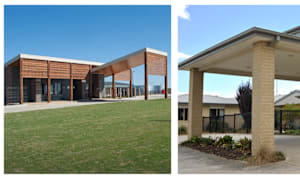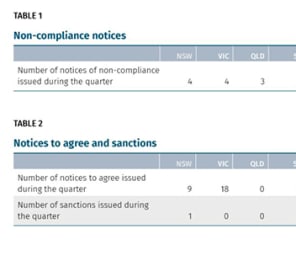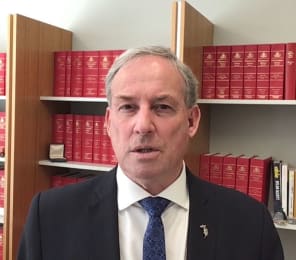South Australian Severino Priori, a once-successful businessman, has died after 312 days in hospital waiting for a residential aged care placement.
During that time, the 83-year-old – who was living with dementia – had no access to fresh air or sunlight and “went from being a strong, upright person to a hunched over, shrivelled weakling,” his daughter Sonya Belperio told The Advertiser.
Admitted after a marked change in demeanour, he was calmed with medication and deemed clinically ready for discharge, but no aged care facility would accept him. A coroner found Mr Priori died following a choking incident in hospital.
“The whole of the past year has been horrific for our family but is nothing compared to what Dad went through,” Ms Belperio said. “I hope no one else has to go through the hell he experienced – but unfortunately others will due to staffing issues and a lack of suitable aged care accommodation.”
“A national tragedy”: Chris Picton
Mr Priori’s case is not isolated. Despite South Australia spending more than any other state on residential aged care, 244 patients are currently in SA hospitals waiting for a place.
Recent data shows one woman in her 70s has spent more than 1,000 days in hospital and has been referred to over 60 homes without success.
SA Health Minister Chris Picton called it “a national tragedy” that older Australians are “languishing in hospital beds because of a severe shortage of Federal Government aged care beds.”


To free up capacity, the SA Government has called for tenders for short-stay services for patients ready for discharge but unable to access aged care – proposing up to 70 beds in the CBD (for Royal Adelaide and Queen Elizabeth hospitals) and up to 50 beds in the northern suburbs (for Lyell McEwin and Modbury).
The initiative builds on the Transition Care Service at the Pullman Hotel, recently doubled to 48 beds.

While State programs like the Pullman Hotel model in South Australia and Time to Think in Western Australia can plug immediate gaps, they are not a permanent solution. Meeting need will require significant capital investment in aged care beds – challenging while over half of providers remain in deficit, according to StewartBrown’s latest figures.
In the meantime, patients like Mr Priori risk spending their final months in clinical settings ill-suited to their needs, separated from the sunlight, routine and environment that support dignity in later life.











